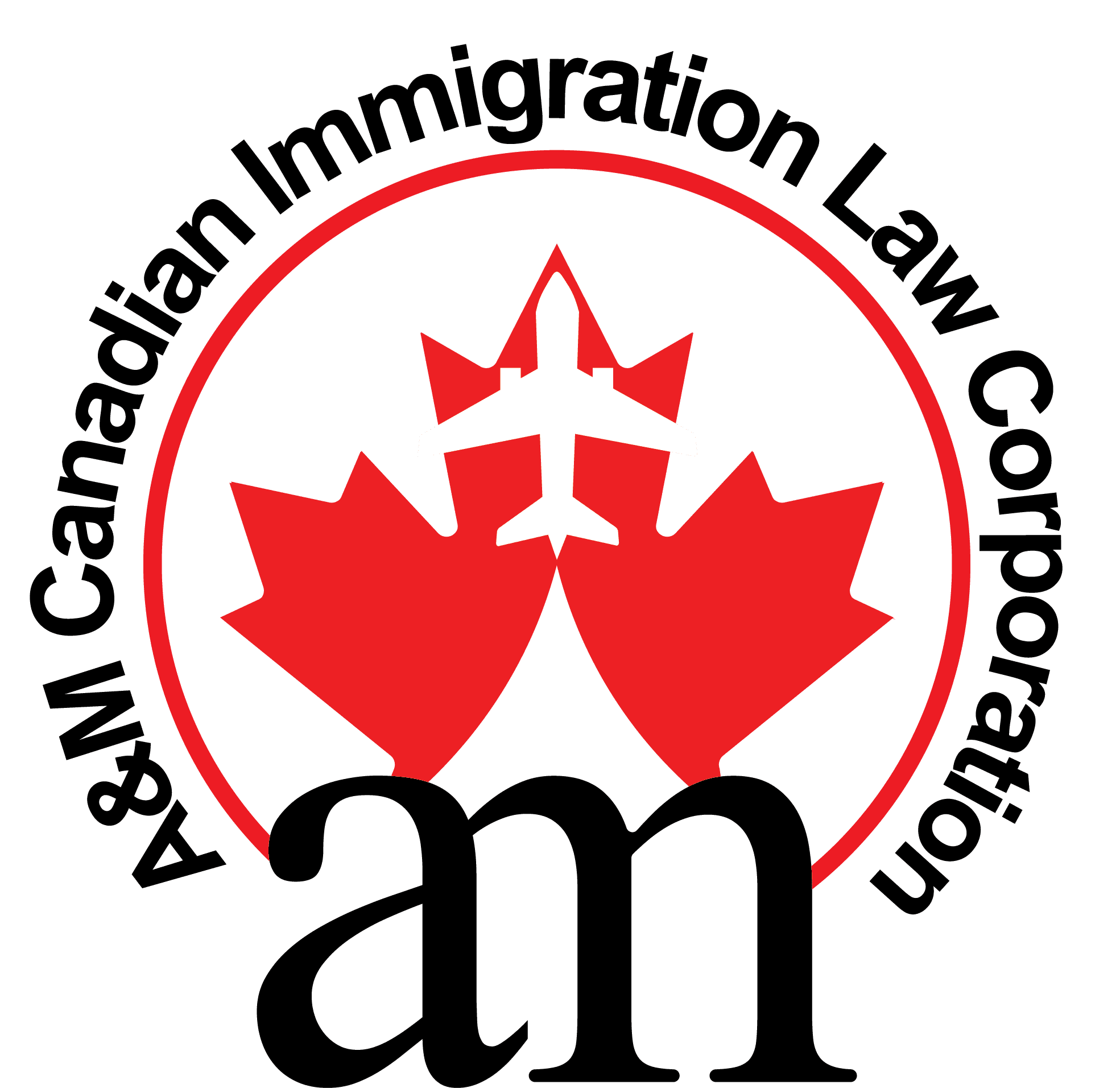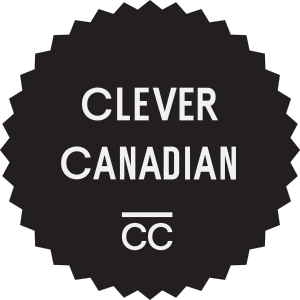Start-Up Visa (SUV) Guide for U.S. Founders Moving a Startup to Canada
A&M Canadian Immigration Law Corporation
Start-Up Visa (SUV) Guide for U.S. Founders Moving a Startup to Canada
U.S. citizens and U.S. residents
building venture-backed or incubated companies who want permanent residence in
Canada.
What the Start-Up Visa Offers
- Direct path to Canadian permanent residence for up to five
co-founders on the same venture. You must have a qualifying business, a
valid letter of support/commitment certificate from a designated
organization (DO), meet CLB 5 in English/French, and show
settlement funds.
- Investment/acceptance thresholds:
- Angel: ≥ $75,000 from
a designated angel group;
- Venture capital: ≥ $200,000 from
a designated VC fund; or
- Business incubator: formal acceptance
into a designated incubator program. Convertible debt does not qualify
as investment.
- While PR is processing, eligible
founders can apply for an optional open work permit (valid
up to 3 years) to build the company in Canada—family can accompany (spouse
open work permit; children study permits).
U.S.-First Practicalities
- Travel documents: U.S. citizens do
not need an eTA or Canadian visa to visit Canada (bring a valid U.S. passport). U.S.
lawful permanent residents are also eTA-exempt
for air travel; carry your passport and proof of LPR status. (This is
separate from any required work permit.)
- Group size & voting rights: Up to
five owners may apply. Each applicant must hold ≥10% of voting rights,
and applicants + DO(s) must together hold >50% at commitment. After
approval, incorporate and actively manage the company from inside Canada,
with an essential part of operations in Canada.
Designated Organizations (DO),
Caps, and 2024–2026
Priorities
- Annual cap (through Dec 31, 2026): IRCC
will consider 10 complete group applications per DO per calendar year on a
first-come, first-served basis. If the cap is reached, applications are
returned and fees reimbursed. A group counts against the cap even if a
member later fails the completeness check.
- Prioritization (to Dec 31, 2026): Files
linked to VCs/angels with committed capital and to specified Canada’s Tech
Network (CTN) incubators are prioritized under MI72.
- Peer review paused: IRCC’s internal peer review process is paused
effective Aug 1, 2024 (no new requests; ongoing reviews cancelled).
Settlement Funds (PR Requirement)
Minimum funds you must show
(updated July 29, 2025; cannot be borrowed; separate from any
investment):
1: $15,263 | 2: $19,001 | 3: $23,360 | 4: $28,362 | 5: $32,168 | 6: $36,280 | 7: $40,392 |
IRCC also requires bank letters
that are available, transferable, and unencumbered.
Optional Open Work Permit (Build
in Canada Now)
Who qualifies: Applicants who already filed PR under SUV, are
essential to the team, meet CLB 5, can show 52 weeks of living funds for family
size, and can evidence
significant economic benefit (e.g., jobs, innovation, regional impact). Valid
up to 3 years, and your spouse/partner can apply for an open work permit;
dependent children can apply for study permits.
“Essential Person” and Team Risk
If an essential team member
withdraws or is refused, all linked applications must be refused or returned.
IRCC will only issue COPRs once all essential persons are approved.
What IRCC Looks For (Beyond the
Basics)
- Consistency
between the letter of support and commitment certificate
- Clear term sheet/client
agreement describing investment/fees/services, team roles,
IP ownership, legal/financial structure, and due diligence including
provenance of funds.
- Qualifying
business test, intention to operate in Canada, and ownership
thresholds.
- Officers can,
in rare cases, use substituted evaluation (positive or negative) with
required concurrences and reasons.
Where and How to Apply
Permanent Residence (SUV)
- Where: Online via
the Permanent Residence (PR) Portal under Start-Up
Business Class.
- Core forms & uploads: Schedule
13 (Start-Up Business Class); Complete Document Checklist IMM 5760; letter
of support; language results; police certs; medicals; proof of funds;
civil docs; photos; fee receipt.
(Translations: certified translator or translator + affidavit). - Group rule: IRCC won’t process any team member until
all members submit complete PR applications. This also ties to DO cap
counting.
Optional Open Work Permit
(SUV)
- Where: Online only.
IRCC provides tailored steps outside or inside Canada
and specific answers to generate the correct checklist (select “A
work permit for an entrepreneur or self-employed person”). Include
proof PR was filed, letter of support, CLB 5, 52-week funds,
medicals/police (if needed), and evidence of significant economic
benefit.
Documents & Evidence That
Strengthen a File
- DO package alignment: Matching details
across commitment certificate, term sheet/client agreement, and support
letter.
- Canadian operations plan: Incorporation
steps, location/lease, first Canadian hires, vendor contracts, IP
registrations, services/fees listed by DO.
- Founder eligibility: Language test
at CLB 5, police certificates, upfront medicals per IRCC.
- Funds: Letters from
financial institutions meeting IRCC’s format and sufficiency tests;
settlement funds (PR) and 52-week support funds (work
permit).
Border Notes for U.S. Founders
- Work authorization: Visiting to explore is
not the same as working. If you will perform work in
Canada for your start-up while PR is pending, you need the SUV open work permit.
- Travel facilitation: U.S. citizens may
enter visa-free; U.S. LPRs are eTA-exempt but must carry proof of status.
This does not waive the work-permit requirement.
How A&M Canadian Immigration
Law Corporation Helps U.S. Founders
A&M delivers an end-to-end,
law-firm–led process tailored to U.S. entrepreneurs so your Start-Up Visa (SUV)
application is credible, complete, and officer-ready from day
one.
- Eligibility & pathway strategy: Precise
mapping of SUV criteria (qualifying business, CLB 5, settlement funds) and
a filing plan that aligns with 2024–2026 caps and priority
processing rules.
- Designated-organization (DO) targeting: Shortlist
of VCs/angels/incubators that match your sector and stage; preparation
of commitment-ready materials (pitch, terms
alignment,
services/fees disclosure, due-diligence proof, provenance of funds). - Ownership & team design: Cap
table engineering to meet the ≥10% per applicant and >50% with DO(s) rules;
careful “essential person” designations to avoid group
wide refusal.
- Canadian operations blueprint: Incorporation
pathway, active-management plan from inside Canada, and evidence that
an essential part of operations will occur
here (leases, staffing plan, vendor contracts, IP filings).
- Document perfection: Clean,
cross-referenced Letter of Support ↔ Commitment Certificate ↔ term sheet; CLB-5 test strategy;
settlement-funds evidence that meets IRCC’s
format;
certified translations; biometrics/medicals timing. - PR Portal filing & quality control: Schedule
13 + full IMM 5760 checklist built to IRCC standards;
internal completeness audit to reduce returns and delays.
- SUV open work-permit package: Evidence
of significant economic benefit, 52-week maintenance-funds
analysis, and border-proof travel plan plus spouse/child application where
applicable.
- Active case management: Single
point of contact, prompt responses to officer requests, and proactive
updates from submission through COPR/landing.
- After-approval guidance: Using status correctly (PR vs. work permit), updating corporate records, and staying aligned with the representations made to IRCC.
Book your appointment
Build in Canada, the right way.
Book a strategy session with A&M Canadian Immigration Law Corporation to
map your designated-organization pathway,
de-risk essential-person issues, and file an officer-ready PR and work-permit
package, so you can land, hire, and scale in Canada with confidence.
Sources (IRCC)
- Program
overview, eligibility, funds, caps & where to apply: IRCC Start-Up
Visa pages.
- Open work
permit (SUV): features, eligibility, application steps.
- Program
delivery (officer guidance): assessing applications, investment
rules, DO due diligence, substituted evaluation, essential-person
consequences, admissibility/final decisions, peer-review pause.
- Ministerial Instructions
(caps & prioritization to 2026).
- U.S.
travel document rules (eTA exemptions for U.S. citizens and U.S.
LPRs).
This guide is for information
only and relies on current IRCC program pages and internal manuals; always
review the latest IRCC instructions before filing.
Frequently Asked Questions
CPC-Mississauga (CPC-M) triages non-complex spousal files and can finalize some cases; others go to a visa office or local IRCC office if interviews/complexities arise. Government of Canada






